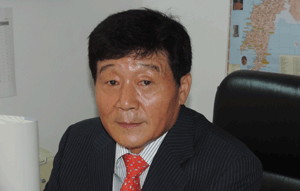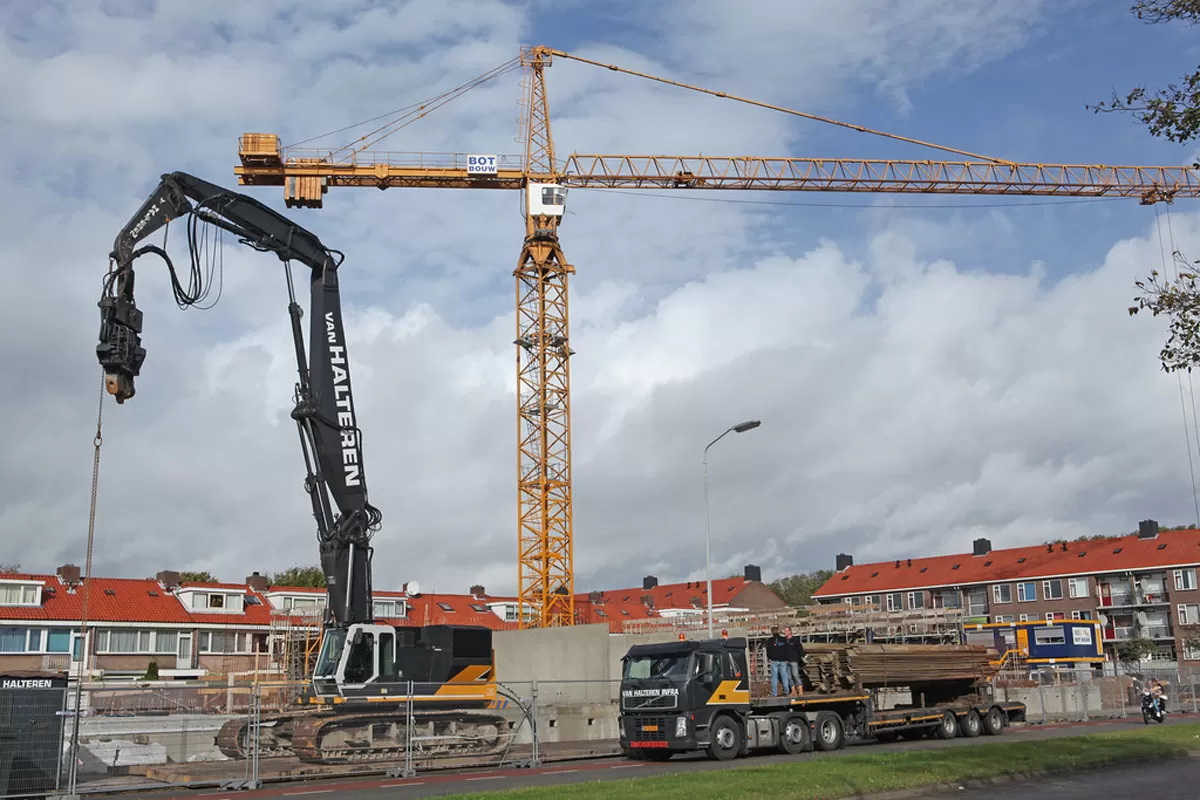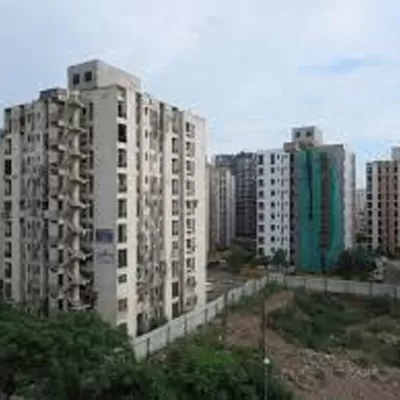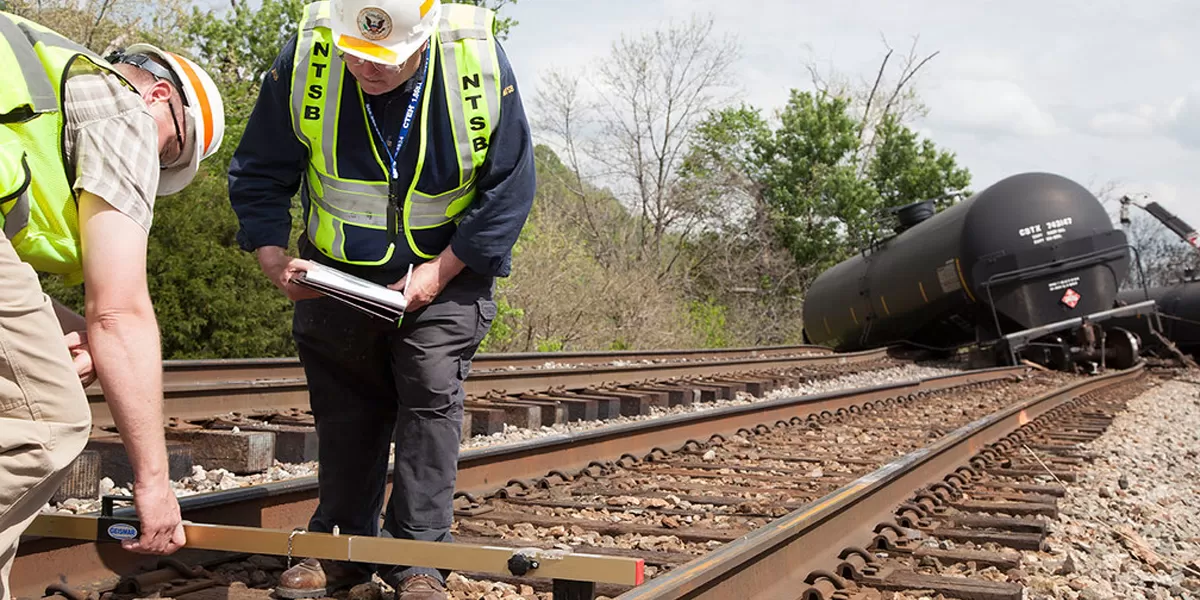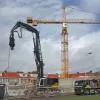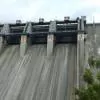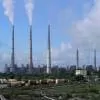Jang Seok-gu, Consul General, Consulate General of the Republic of Korea in Mumbai
Jang Seok-gu firmly believes that India is a close friend to Korea. The Consul General, Consulate General of the Republic of Korea in Mumbai, fondly recalls the beginning of bilateral trade and exchange of goods between both countries, saying, "Our relationship dates back to 46 AD, when an Indian princess from the Ayodhya kingdom married an ancient Korean king." That said, today, India is the ninth most important trade partner for Korea and opportunities continue to emerge to further increase trade volume and mutually invest in beneficial ways.
So much so that this year, the Korean President's first overseas visit was to India, precisely because the country is important to Korea politically as well as economically. Seok-gu further elaborates upon the existing and future opportunities for both India and Korea in conversation with SHRIYAL SETHUMADHAVAN.
What is the current nature of engagement between India and Korea in the construction and infrastructure sector?
Korea has a modular approach towards the construction of buildings. As opposed to bricks and cement, steel and aluminium are used in large quantities and, hence, Indian real-estate developers are looking at Korea for improving the structural strength of a building.
Also, the pace of construction is significantly faster using Korean technology as compared to technology from other nations. Leading Indian builders' associations like CREDAI are taking delegations to Korea to study construction technology and practices. Moreover, Korean companies like Samsung C&T and GS Engineering have set up project offices in India to execute infrastructure projects. Further, Korean construction equipment, including tower cranes, crawlers, rock breakers and loaders, are in good demand in India because of their superior performance.
Which sectors do you find most attractive in India?
Korean companies are focussing on major infrastructure projects where they can add value by using their superior engineering skills. The primary interest continues to lie in bridges, metro and high-speed railway, high-rise buildings, commercial complexes, smart cities, water treatment and distribution systems and new airport construction.
What opportunity does India's growing market present to Korean companies?
India presents an array of exciting opportunities to Korean companies. We see the infrastructure sector picking up pace in years to come with projects getting bigger and more complex. If Indian GDP growth rebounds to 8 per cent as many economists expect, we will see a huge growth in cities and the demand for quality urban infrastructure will drive the market.
What are the investment opportunities for Korean companies in India and for Indian firms in Korea?
Korean companies have significantly invested in the auto and auto-component sector in India. That said, in future, we also anticipate investment by Korean companies across diverse sectors such as steel, retailing, construction equipment, ports, power generation and distribution, and many more. Also, Indian companies are present in Korea in the manufacturing of automobiles, aluminium, synthetic yarn, plastic tubes and software services. We expect many more Indian companies to enter the Korean market to take advantage of the skilled pool of manpower in R&D, engineering and product design.
Can you share with us some success stories of Korean companies in India?
Korean companies in India are either conglomerates (Chaebols) like LG, Samsung Electronics, POSCO, Hyundai Motors, Doosan, or vendors and service providers. Most of the companies are located in Chennai, Pune and the Gurgaon region. The two governments have been regularly making efforts to boost trade and investment between the countries. We have signed the CEPA agreement in 2010 to provide preferential duty for most of the traded items between India and Korea. We are also looking at further liberalising the visa regime to encourage businessmen to travel more easily.
The Korean government is encouraging Indian professionals to work in Korea through the contact Korea programme by which we help Korean companies identify and recruit the right talent from India. It is yet early to count the successes, but some which come to the mind are as follows: Metro rail automatic fare collection system by Samsung SDS for the Delhi Metro; the supply of a boiler and turbine package for Tata Power's Mundra plant by Doosan; and supply of coaches by Hyundai Rotem for the Delhi Metro and Bengaluru Metro. Also, Samsung Construction is constructing an 100-storey residential-cum-commercial building that is slated to be Worli's (in Mumbai) tallest building. This is the same company that has been involved in the construction of Burj Khalifa in Dubai and the Petronas Towers in Kuala Lumpur, Malaysia.
Please elaborate upon the role played by Indian construction or infrastructure companies in your country.
When we talk of project opportunities in Korea, the country is very open to all companies across the world, including India. So there are no restrictions on foreign participation. Indian companies are most welcome to enter Korea and start their business in infrastructure, buildings, etc. Korea is known for the partners it selects and competitiveness in price and quality. Indian companies like Hindalco of the Aditya Birla Group, Tata Motors and Mahindra are performing very well in Korea. But even then, we are yet to see big activities happening. In times to come, we hope to attract more Indian infra companies to invest in the development of new townships in Korea.
Kindly highlight some important projects India and Korea are currently collaborating on or eyeing.
There are a few projects that have attracted Korean companies. These include the Mumbai Trans Harbour Link project connecting Mumbai and Navi Mumbai where three Korean companies are among the shortlisted bidders; the Navi Mumbai airport project; the Ahmedabad-Gandhinagar Metro project; the Mumbai Metro Line 3; translation line projects of Power Grid Corporation of India; LNG gas terminal projects; and shipyard modernisation and upgradation projects. India has great potential and is very important for Korea. You get involved in one project and it becomes a starting point for future opportunities.
Vital stats
- India is the ninth most important trade partner for Korea.
- Korean companies' primary interest in India continues to lie in bridges, metro and high-speed railway, high-rise buildings, commercial complexes, smart cities, water treatment and distribution system and new airport construction.
- Indian companies can enter the Korean market to take advantage of the skilled pool of manpower in R&D, engineering and product design.
To share your views on India-Korea trade relations, write in at feedback@ASAPPmedia.com
